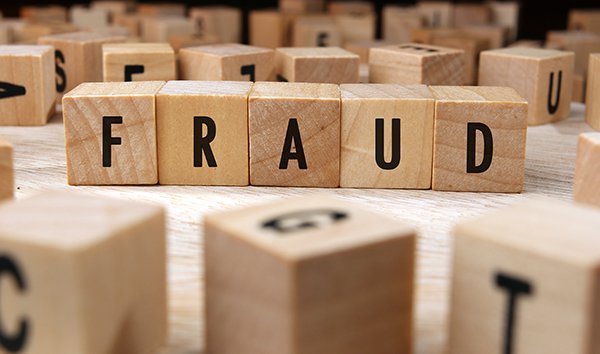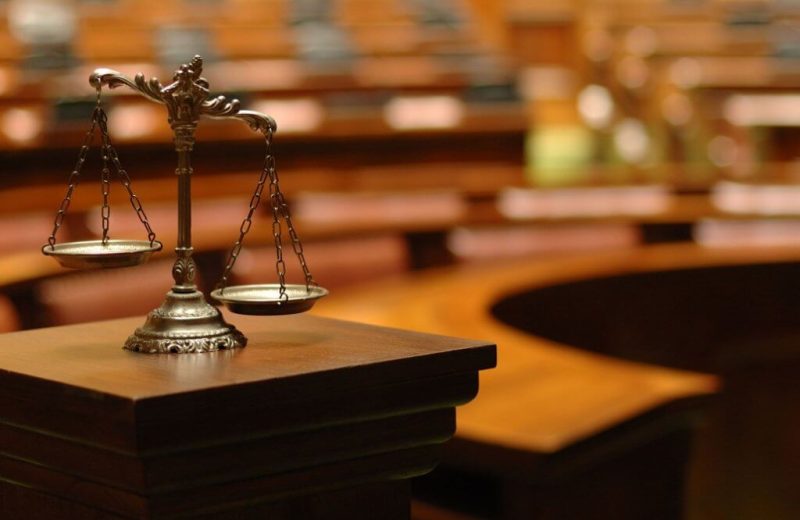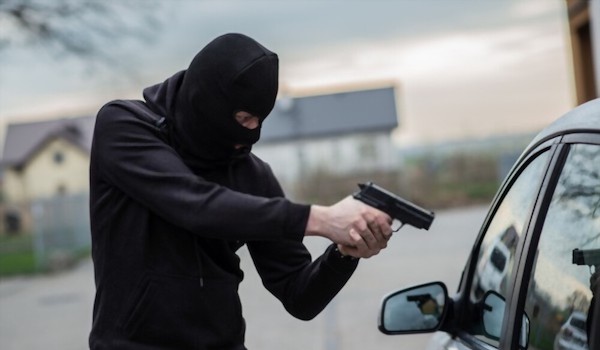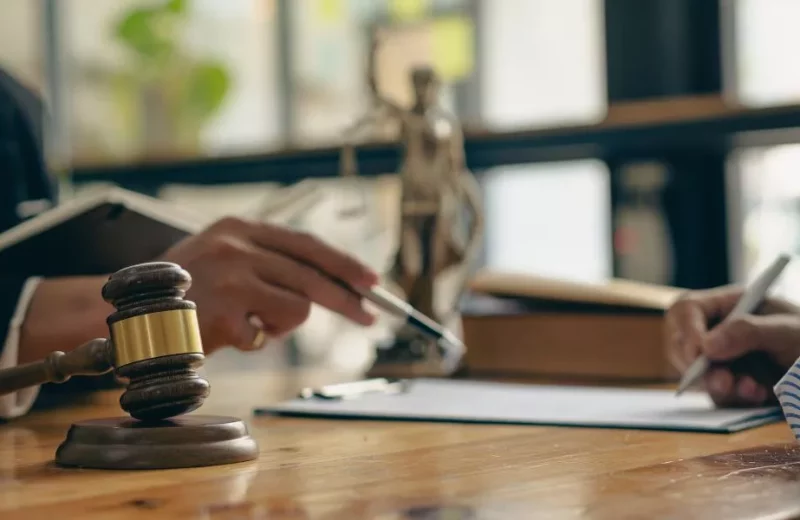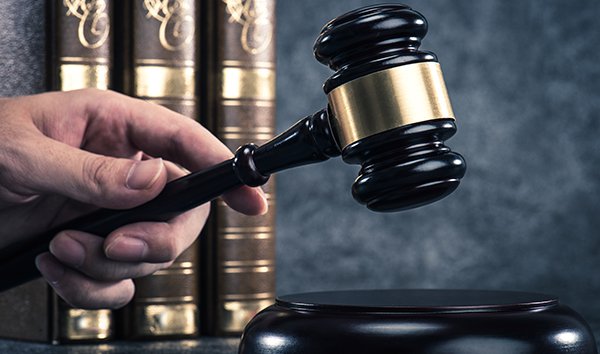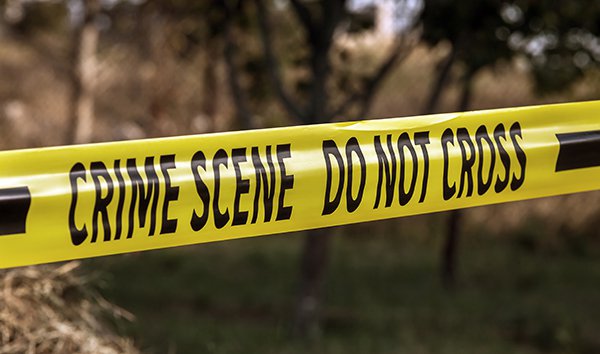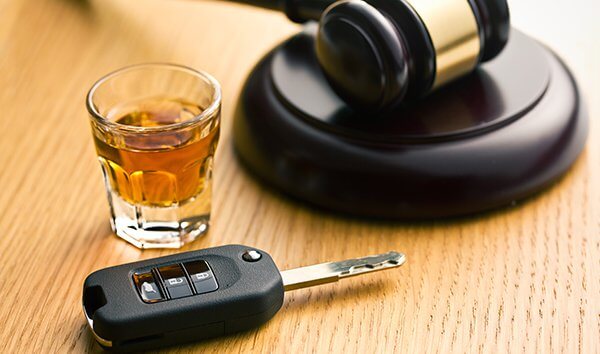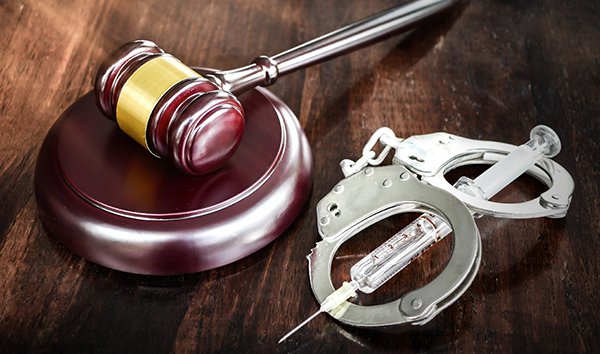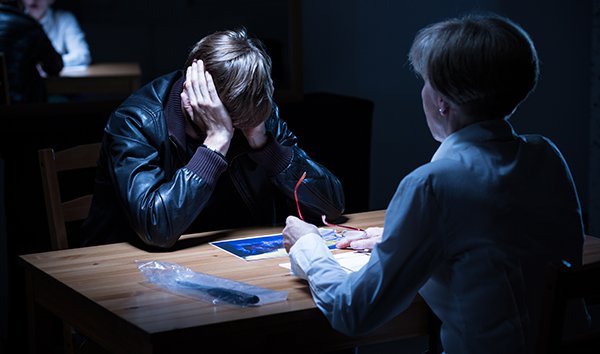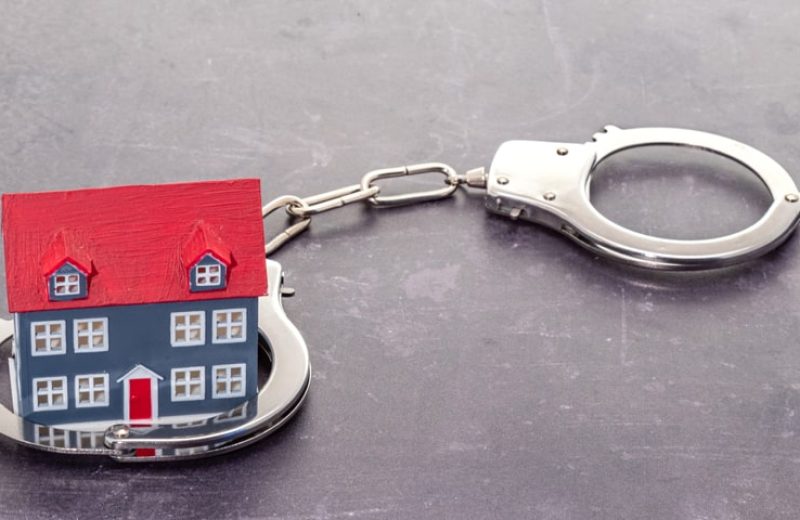Fail to Remain Defence Lawyer in Toronto, Ontario

Failing to remain at the scene of an accident is an offence under the Criminal Code as well as Ontario’s Highway Traffic Act (HTA).
Under s. 320.16 of the Criminal Code, 320.16(1), everyone commits an offence who operates a conveyance and who, at the time of operating the conveyance, knows that, or is reckless as to whether, the conveyance has been involved in an accident with a person or another conveyance and who fails, without reasonable excuse, to:
- To stop the conveyance,
- Give their name and address, and
- Offer assistance to any party that is injured or appears to require assistance.
Under s. 200(1) of HTA, where an accident occurs on a highway, every person in charge of a vehicle or street car that is directly or indirectly involved in the accident must:
- Remain at or immediately return to the scene;
- Render all possible assistance, and
- Upon request, provide in writing to any police officer, witness, or party that has suffered a loss or injury:
- His or her name
- Driver’s licence number and issuing Province or Territory
- The vehicle’s insurance policy number and insurer
- The name and address of the vehicle’s registered owner and the vehicle’s permit number
The provisions governing both offences are unique—unlike most Criminal Code or HTA provisions, which make it an offence for individuals to act in the specified manner, the provisions governing failing to remain make it an offence for individuals not to act in the specified manner. In other words, individuals who have been in an accident have a positive duty to provide certain information and render assistance to any parties requiring it. It is an offence for individuals not to discharge their duties.
Failing to remain at the scene of an accident can result in fines, jail time, driving prohibitions, suspensions, demerit points, and increased insurance costs. If you have been in an accident with another person or vehicle, it is best to consult with an experienced criminal defence lawyer immediately to ensure that you comply with your statutory obligations while protecting your legal interests.
FAQ
What is a conveyance?
According to s. 320.11 of the Criminal Code, a conveyance is a motor vehicle, vessel, aircraft, or railway equipment.
What is a reasonable excuse?
A reasonable excuse is a valid reason that you couldn’t stop as required by the law. It is a defence to a charge of failing to stop after an accident. A common example of a reasonable excuse is a medical emergency.
I didn’t know I hit someone…can I still be convicted of failing to remain?
Yes. Even if you did not know that you hit another person, you can still be convicted of failing to remain if you were reckless as to whether or not you hit another person.
Is Failing to Stop After an Accident a serious charge?
Failing to stop after an accident can be a serious charge. The offence is more serious where:
- The accident resulted in death or bodily harm;
- The driver was engaging in street racing;
- There was a passenger in the conveyance that under sixteen years old;
- The driver was being paid;
- The driver’s blood alcohol was over 120 mg/mL of blood;
- The driver was operating a large motor vehicle; or
- The driver was not permitted to drive
Don’t delay – contact an experienced criminal defence lawyer with decades of experience to have the best chance of winning your case.
call us 24/7
Legal Practice Areas
Sexual Assault Lawyer
White Collar Crime & Fraud Lawyer
Murder Defence Lawyer in Toronto, Ontario
Toronto’s Defence Lawyer for Dangerous Driving Charges
Toronto’s Trusted Criminal Harassment Defence Lawyer
Adept Defence Lawyer for Court Order Breaches
Experienced Assault Lawyer in Toronto, Ontario
Academic & Professional Tribunals Defence Lawyer
Criminal Appeal Defence Lawyer in Toronto
Child Pornography & Luring Defence Lawyer in Toronto
Domestic Assault Charges Lawyer in Toronto, Ontario
Homicide & Manslaughter
DUI Lawyer / Impaired Driving
Drug Possession Charges Defence Lawyer in Toronto, Ontario
Toronto’s Defence Lawyer for Criminal Code Offences
Young Offenders
Experienced Lawyer for Property Offenses
Skilled Defence Lawyer for Sexual Assault Charges
Our Criminal Defence Lawyers

Boris Bytensky LL.B
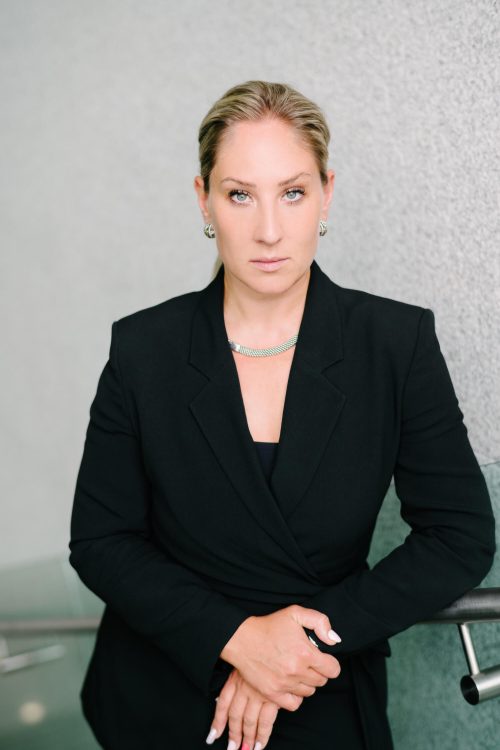
Sonya Shikhman LL.B

Brittany Smith J.D.

Kathryn Doyle J.D.
Don't Let A Criminal Charge Destroy Your Life
Our service area
Get 1 Free Hour Consultation!
Register with us to schedule a free consultation
What Clients Say About Us?









